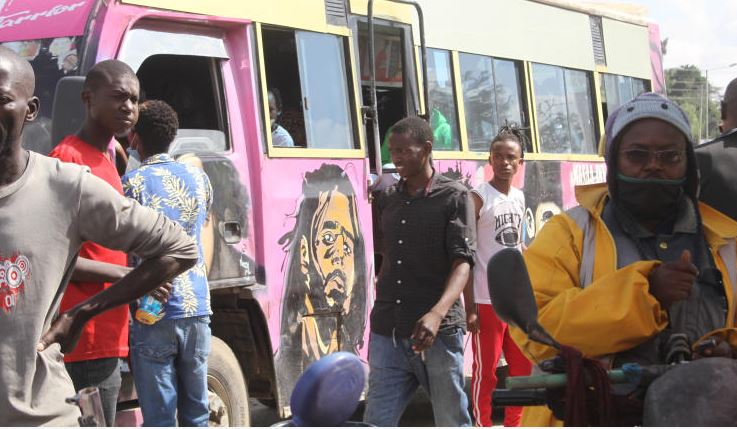×
The Standard e-Paper
Kenya’s Boldest Voice

In just 30 days since President Uhuru Kenyatta eased Covid-19 restrictions, infections and deaths have soared alarmingly.
On October 28, Kenya recorded 1,018 infections, the second-highest since the onset of the pandemic in the country in March.